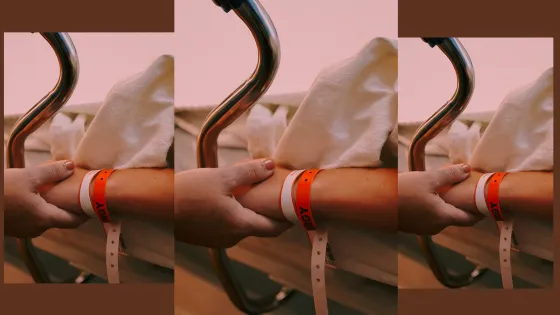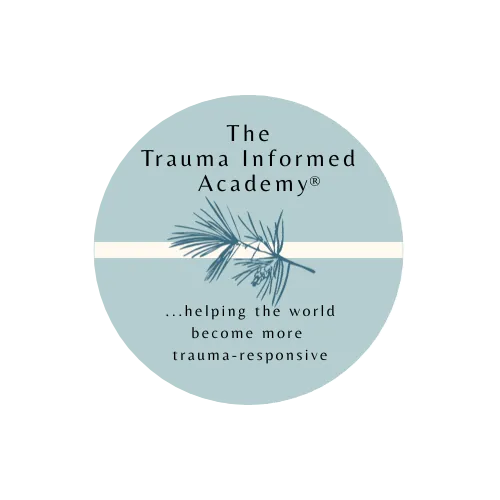

Assessing for trauma in care facilities? You need to assess for that?
This is the second in a series of several blogs about places where people live and receive some level of services, specifically, Assisted Living Facilities, Long Term Care Facilities, Skilled Nursing Facilities, and the F-699 tag.
Assessing for trauma (part of F-699) relies on testing that looks for symptoms aligned with mental disorders to drive towards treatment, in many cases medication. The goal is to reduce problematic behavior.
Once again, here’s the challenge. At least 70% of adults in America have experienced something traumatic. The other 30% have surely seen or heard something--or perhaps inherited the consequences of their ancestors' experiences. And isn’t the experience of being moved or moving into a facility overwhelming and negative in some ways? The loss of the familiar, the reliance on people you don’t know, the stress of moving, and the grieving?
Yet we assess, in facilities, for the evidence of trauma in residents who behave in ways we decide are unacceptable. But we don’t assess staff, the environment, the culture, or the interactions in the present that may incite such behavior based on an unknown past. Often we don’t accommodate the reality of residents' most recent experiences: being institutionalized.
Most assessments for trauma look for specific events like any of the ACEs (Adverse Childhood Events) without looking at natural disasters, accidents, medical crises, aging, developing disabilities, and more, assuming in some ways that each event requires a different type of treatment.
The truth? The symptoms don’t care what the diagnosis is, they just want relief. Assessments of things that are upsetting to people across the areas trauma impacts are more valuable. Do they have trouble regulating their feelings? What makes them get even more upset? Do they always downplay choice-making? Or their ability to make choices (even when others don’t like their choices)?
Can they comfortably allow complete strangers (staff) in their room in the middle of the night? Or to trust that they will be well cared for? How are staff with the same skills? Don’t you think some staff have been terrified by the night, too, and would freak clean smooth out if someone came into their room while they were asleep?
To be clear, TIC focuses on an operating philosophy that encompasses education and experience to create a more healing environment. It supports safety, agency, empowerment, the building and rebuilding of relationships that do no harm. It recognizes that operating culture may be prone to convert adaptations to symptoms (and reasonably logical reactions to living in care) as evidence of mental disorders.
TIC requires change in knowledge, attitude, and skills to increase the effectiveness of interactions with residents and among staff (including clinicians), who may be equally trauma-exposed. It’s about the culture of care as well as how it is delivered.
Assessment of the right things matters--and looking at the resident’s experience through the trauma-informed lens makes assessment more valuable. Just remember, if the staff is more traumatized and has fewer skills than the resident? It’s prone to create the us-them, power-over struggles that reduce the quality of care and increase the risks of F-699 citations.
Focus in increasing effective skills for everyone in the interaction: all staff, residents and clinicians and watch the shifts.



Email our Admin:
©Copyright 2025 EPower & Associates, Inc. All Rights Reserved.
Privacy Policy | Terms of Use
Featured On...


